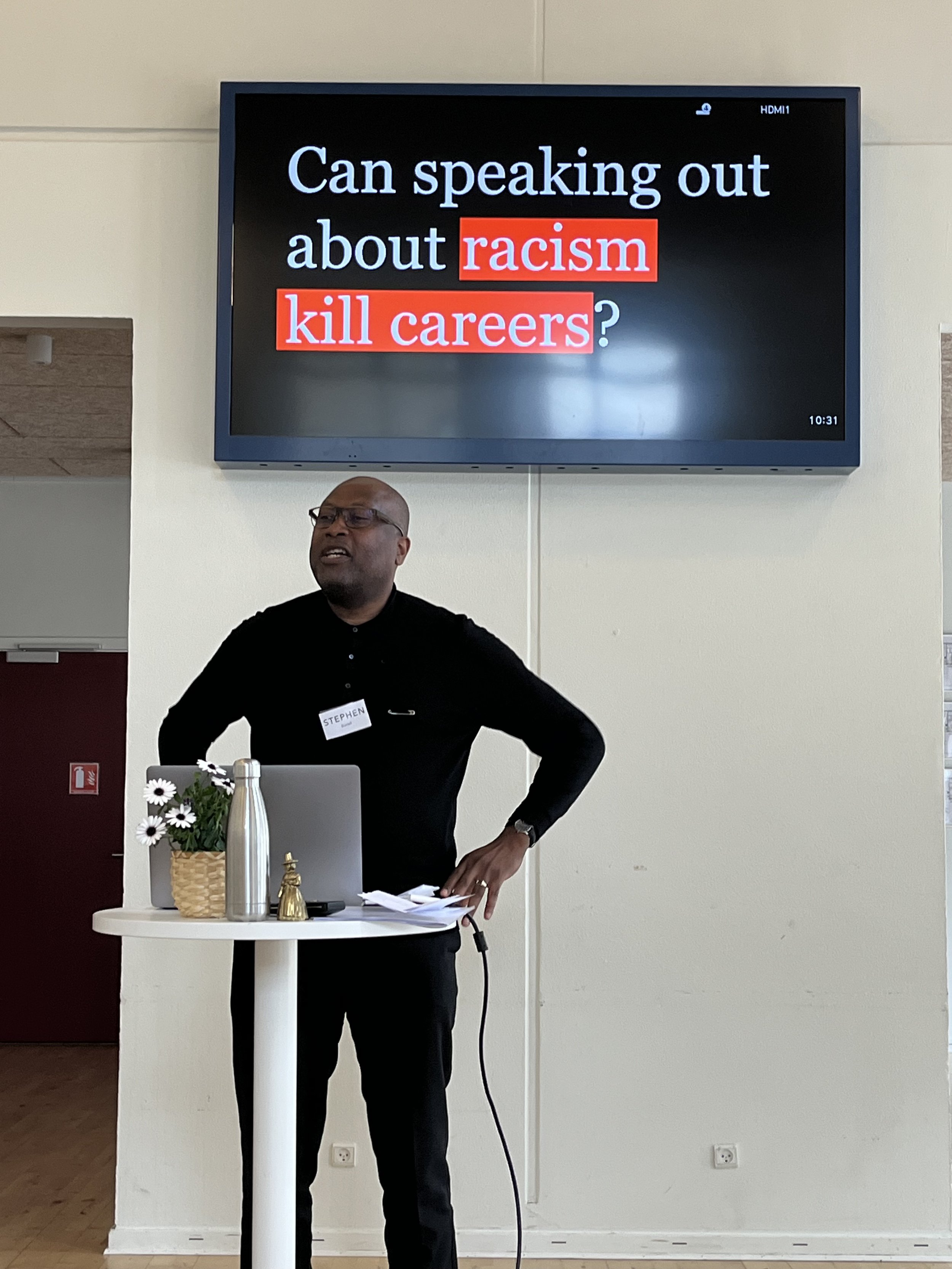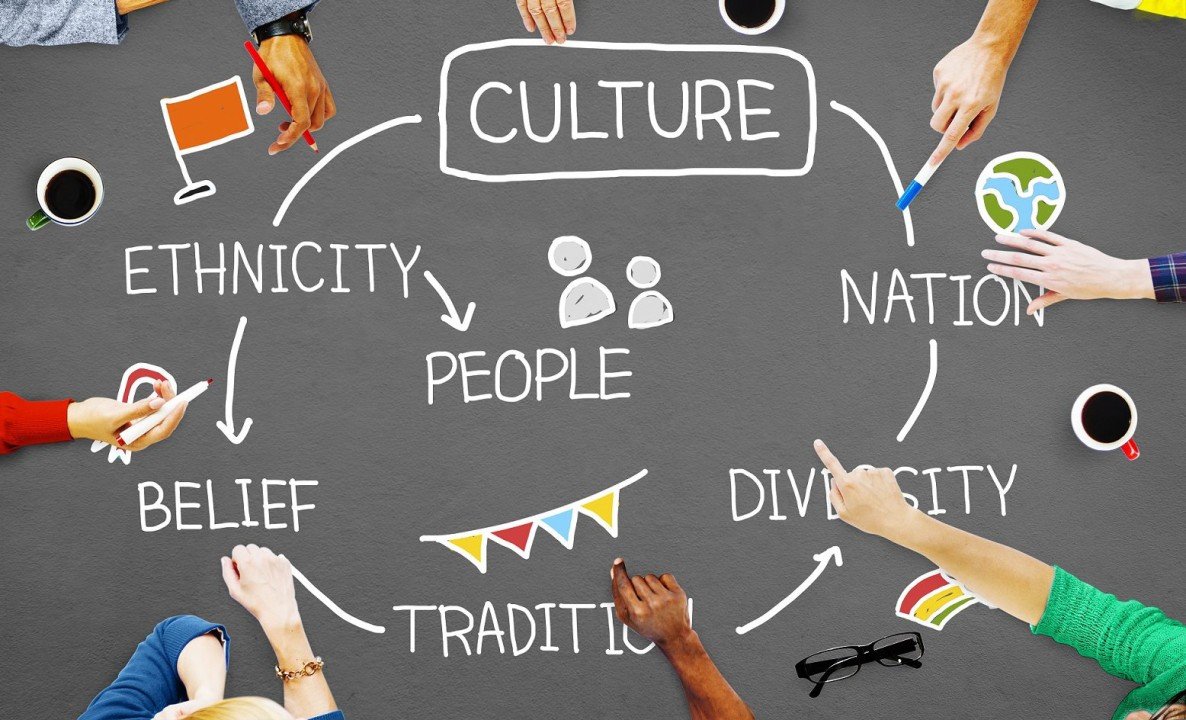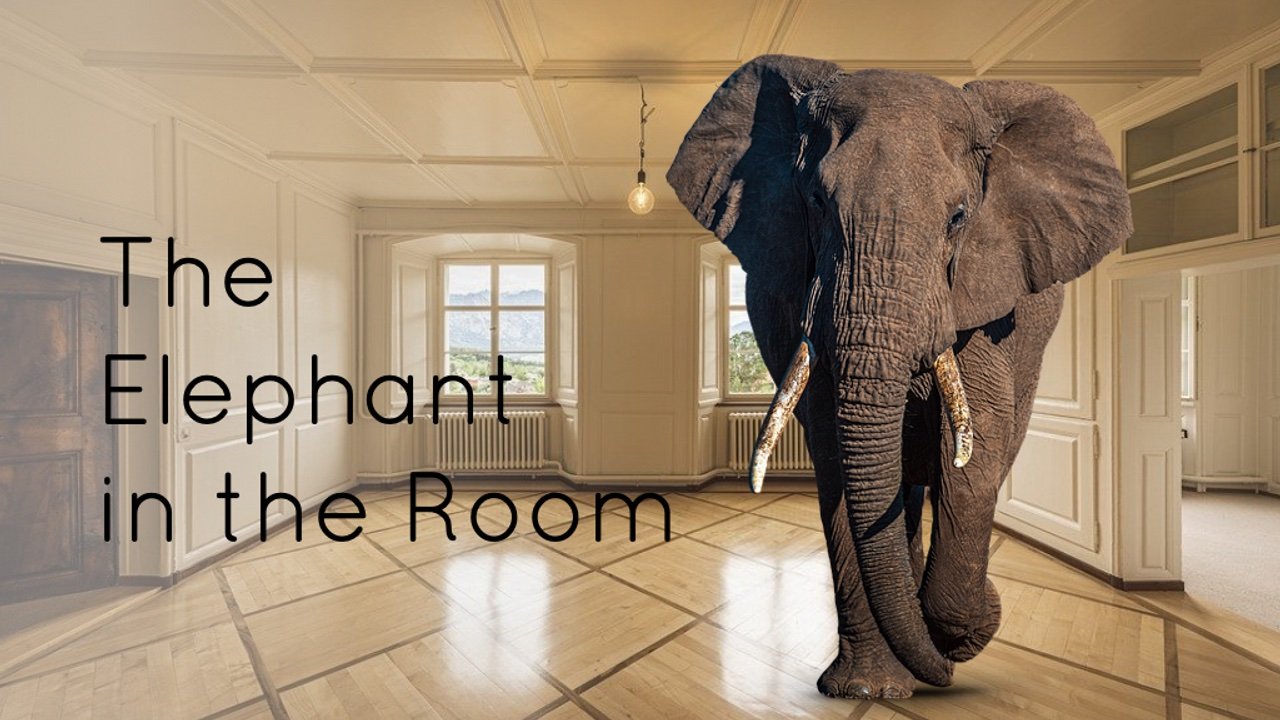There is an unstoppable movement towards greater consciousness about what our actions are doing in the world around us. And the younger generations are continuously searching for higher meaning and more sustainable behaviours. I think working together in flat, loosely connected networks, in a peer-to-peer fashion, is behind the most significant changes in human society over past 100 years.
Do you work in an organisation where decision making was clearly expressed and democratically distributed? I wonder what it would be like to work in an organisation where communicating your dreams and ambitions is encouraged. Where the decision making is led by a leader who collaborative and is interested in having feedback from outside of the C suite. Once the decisions have been agreed, no one in the group will have any remains objections and consent to implementation.
What does it cost us to make a decision that no one believes in or is willing to commit to? Are you trying to do too much with everyone involved? Contact me via e-mail for a meeting where we could take a deeper dive into your situation.















